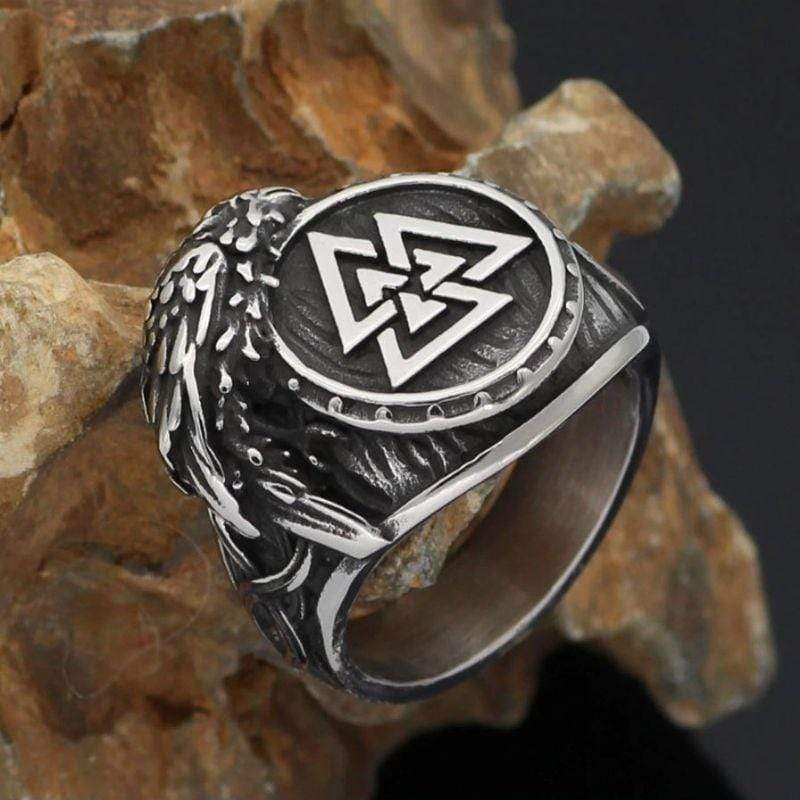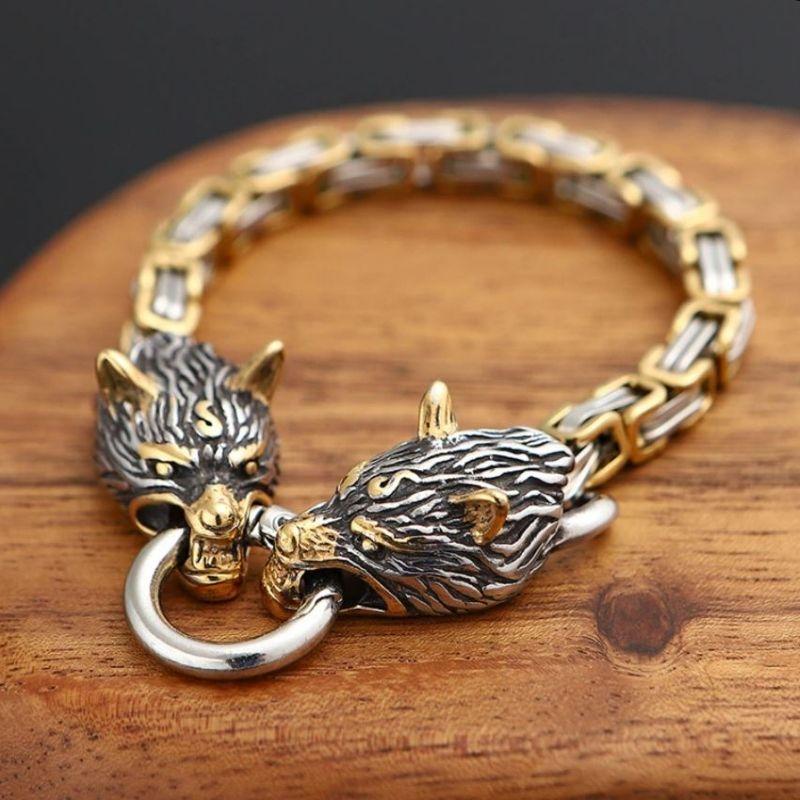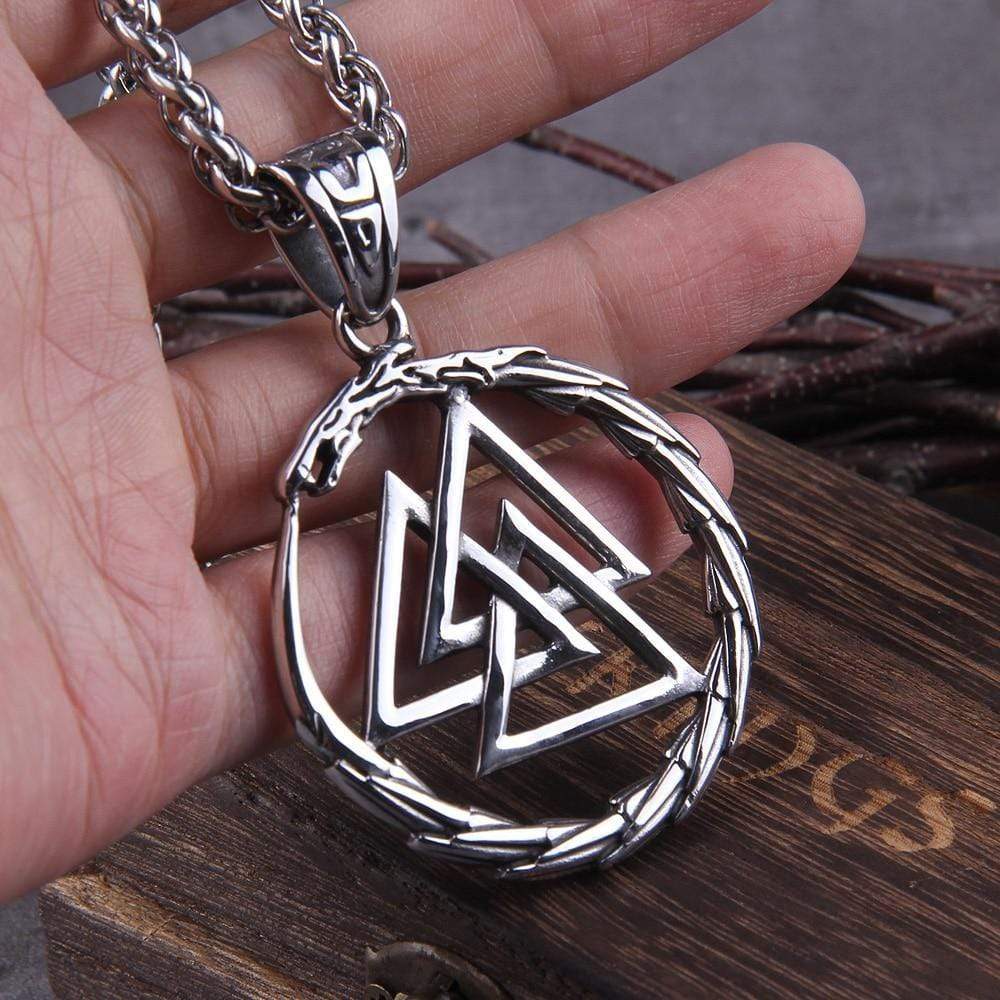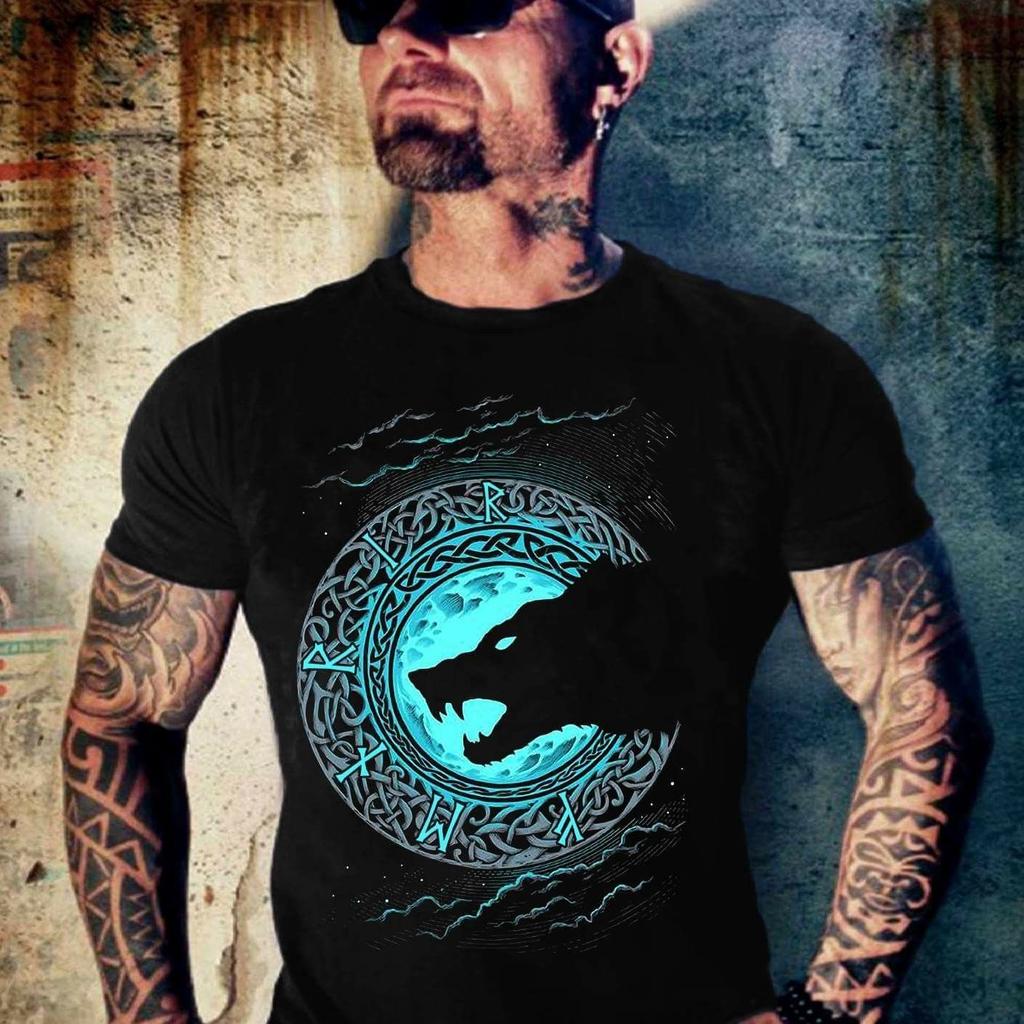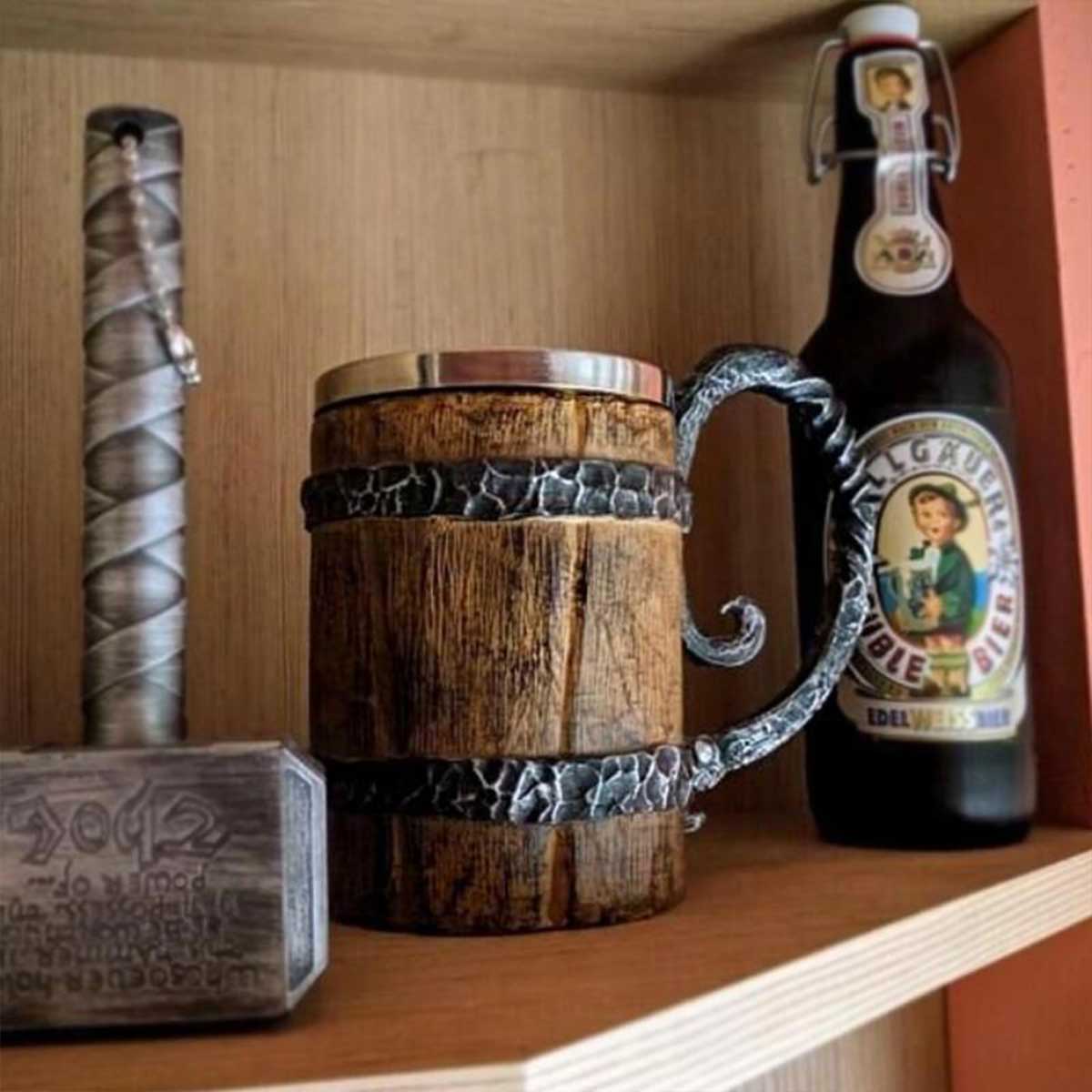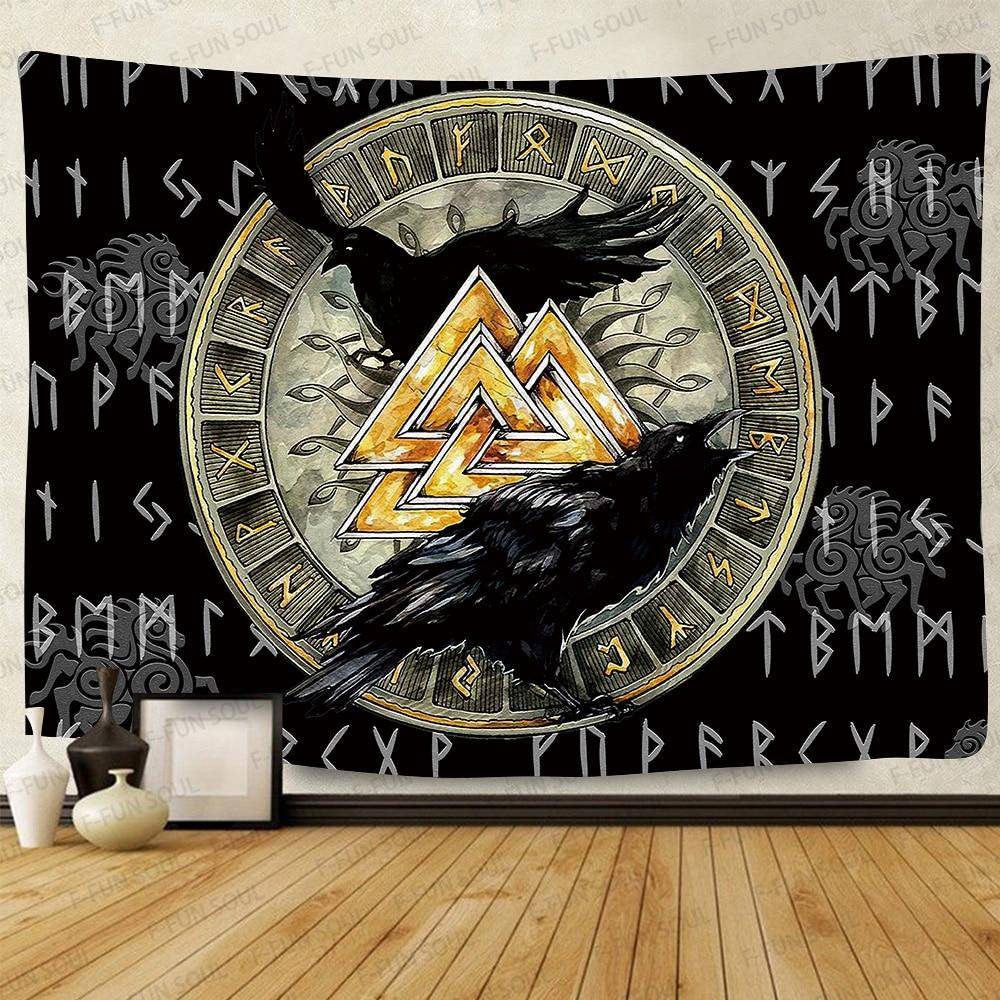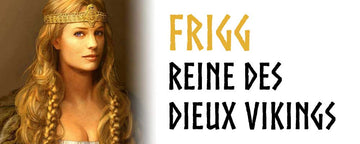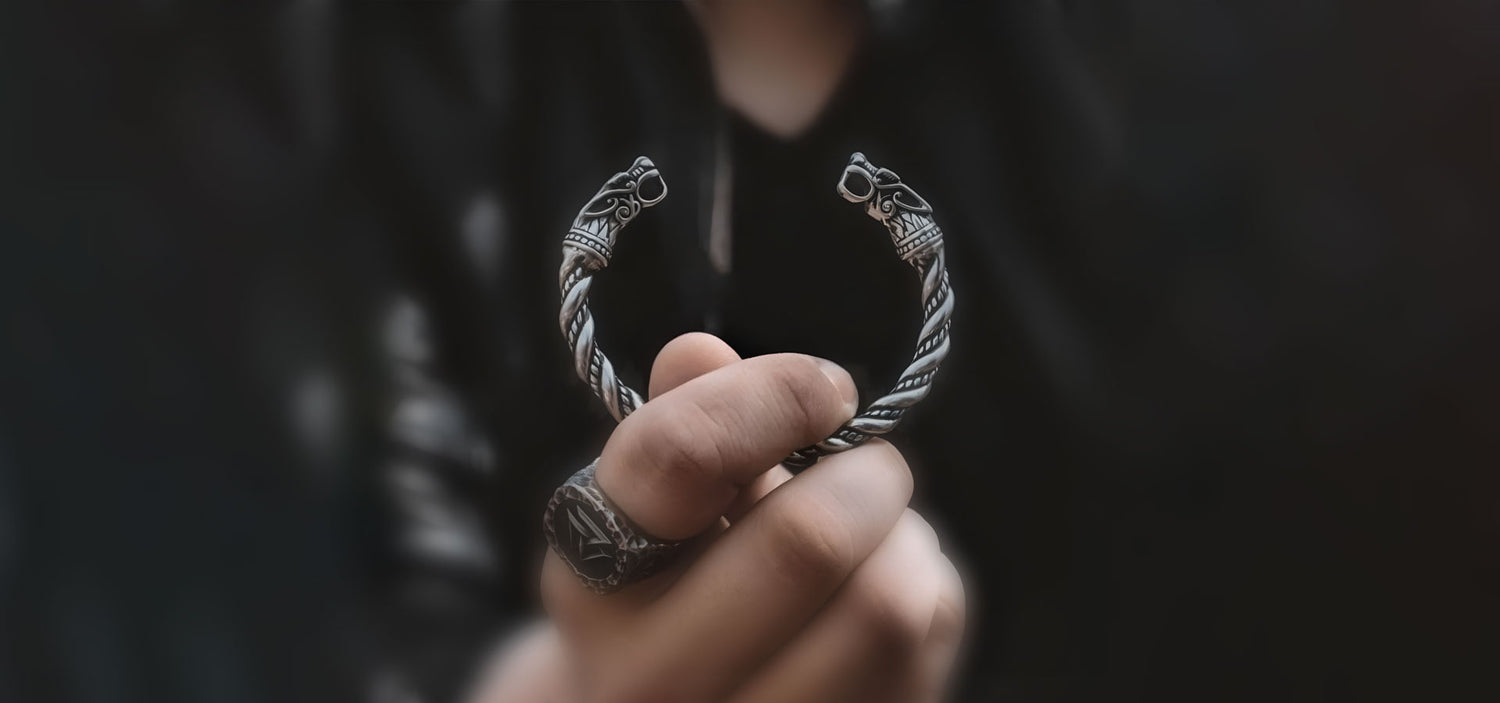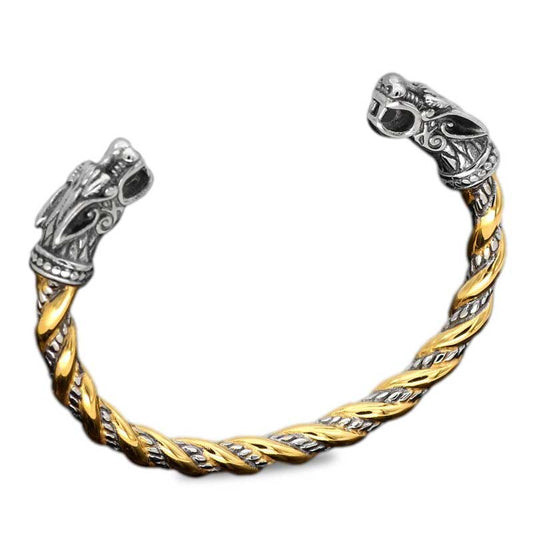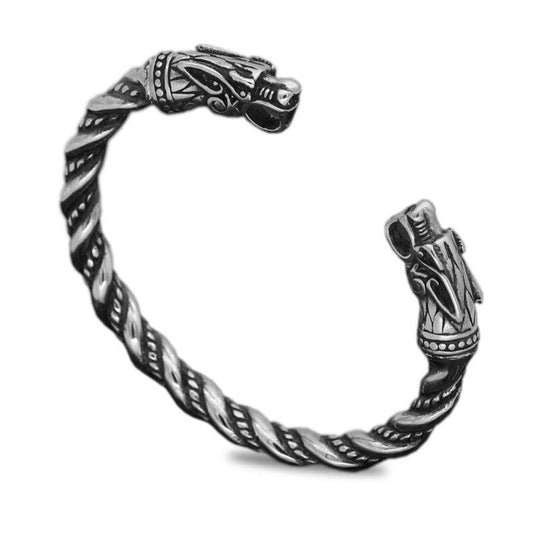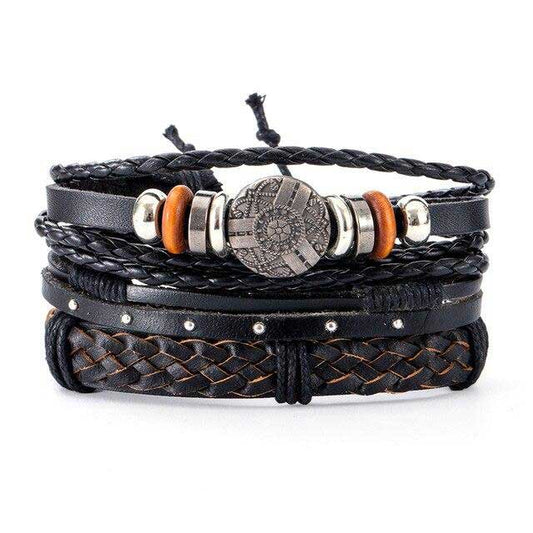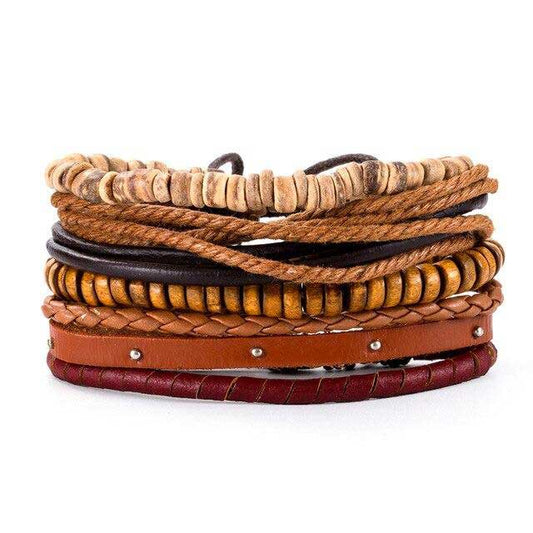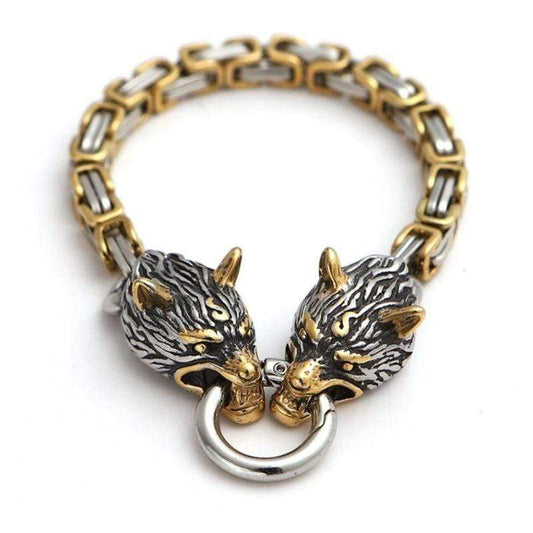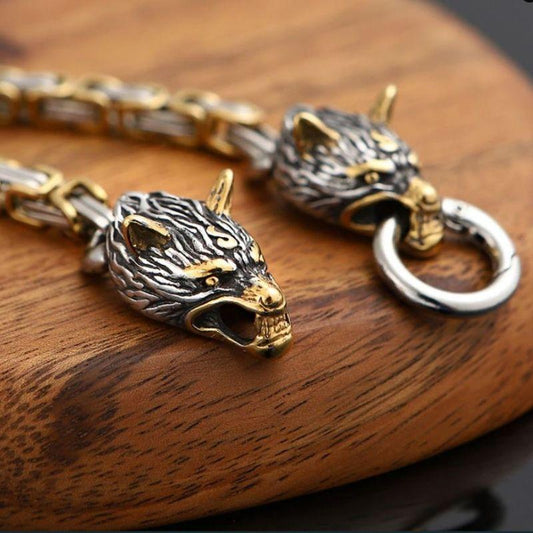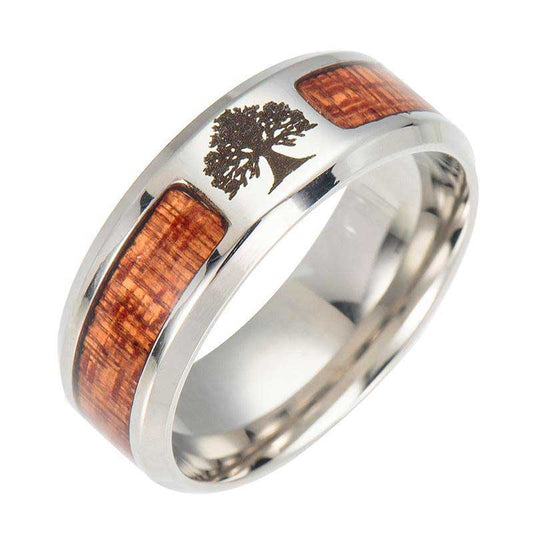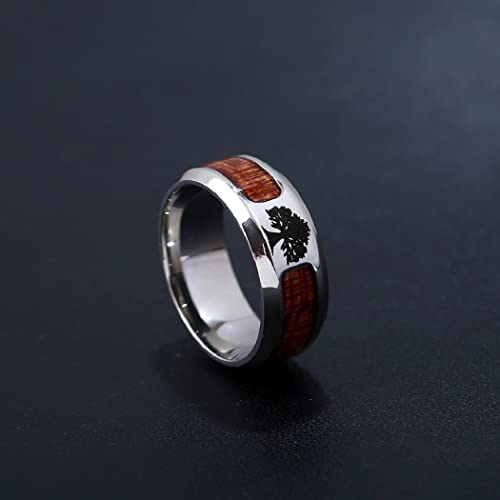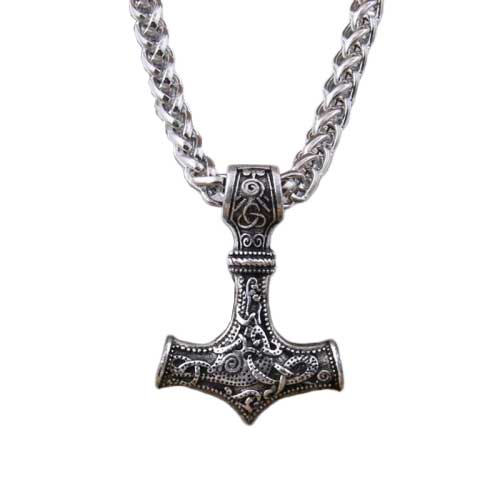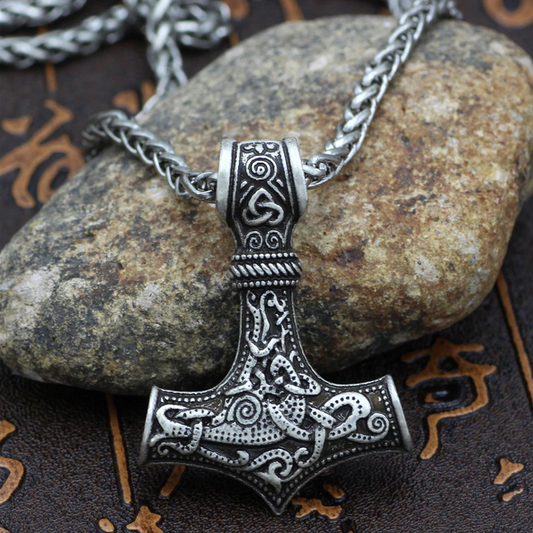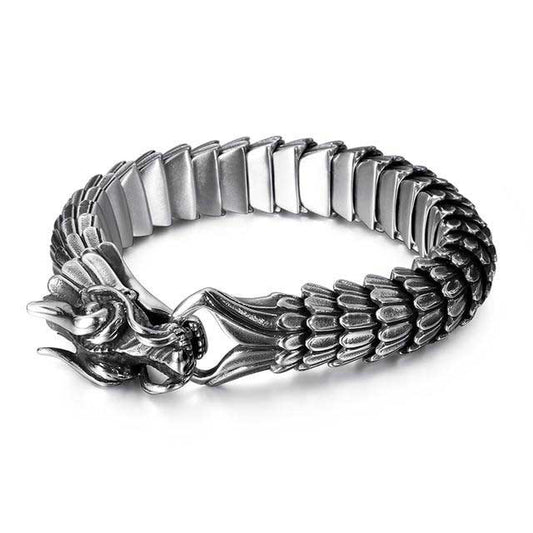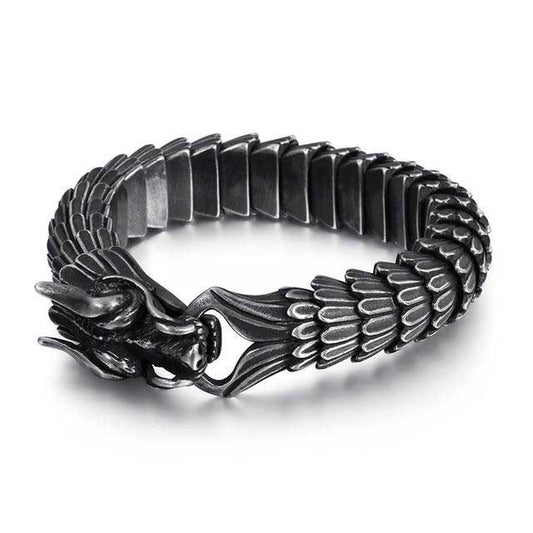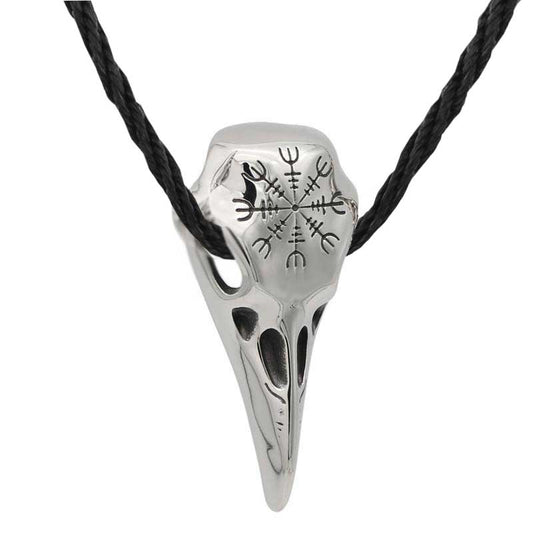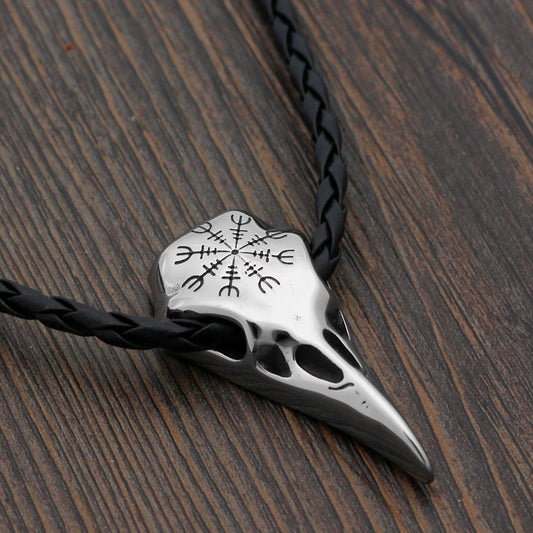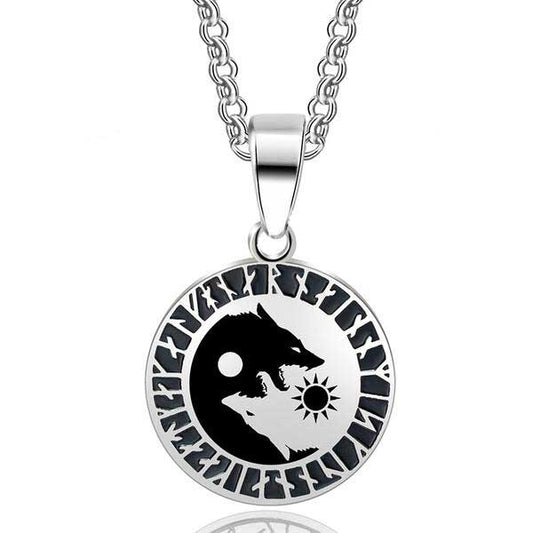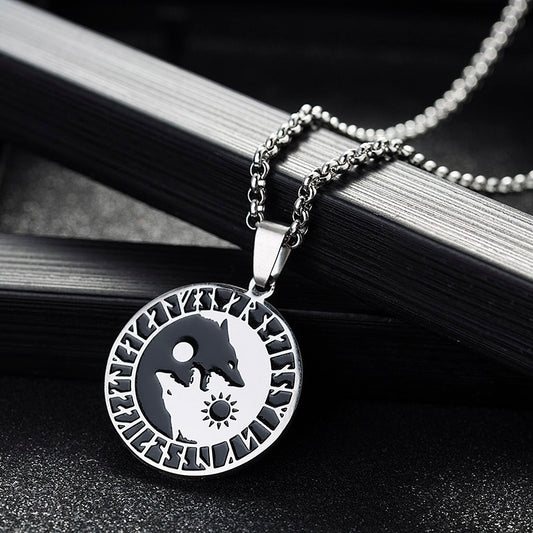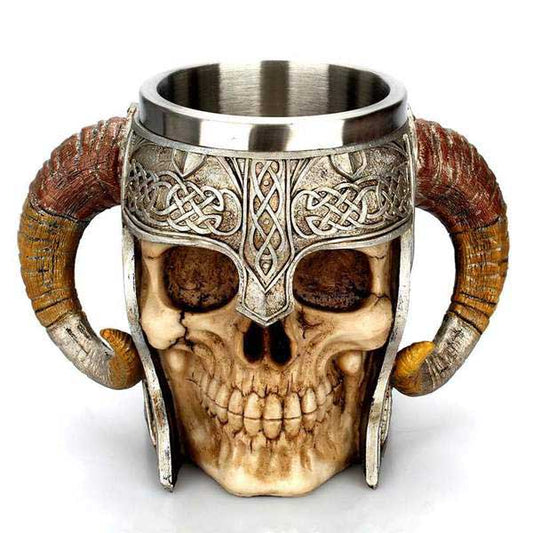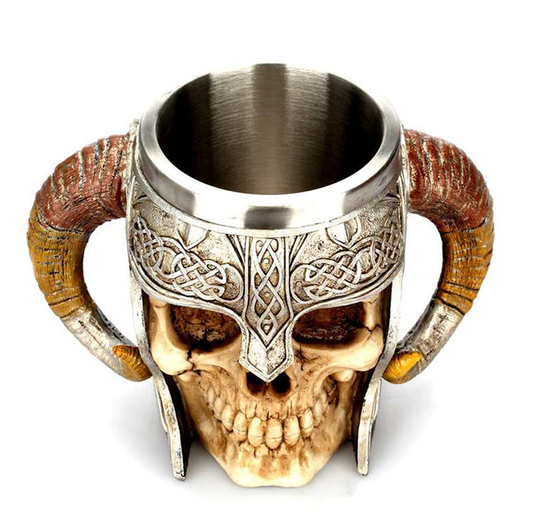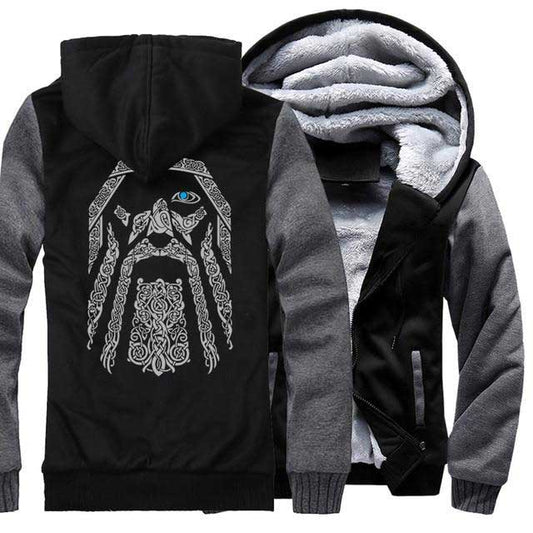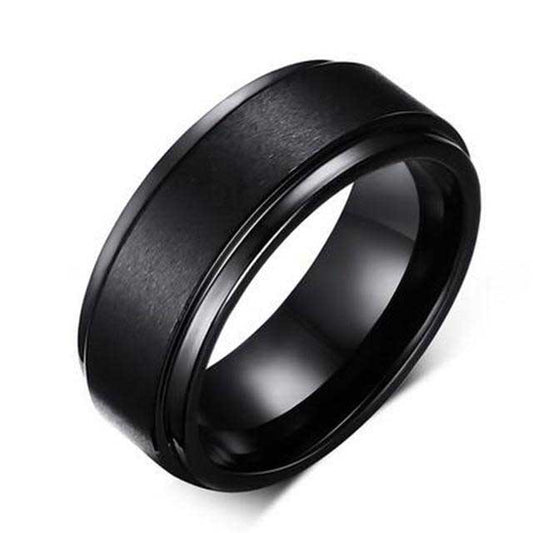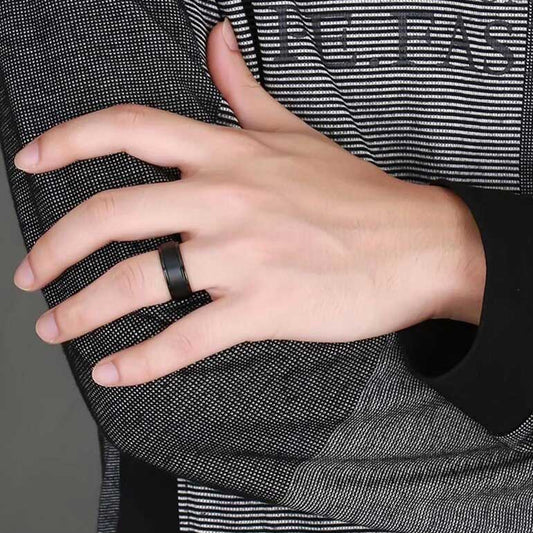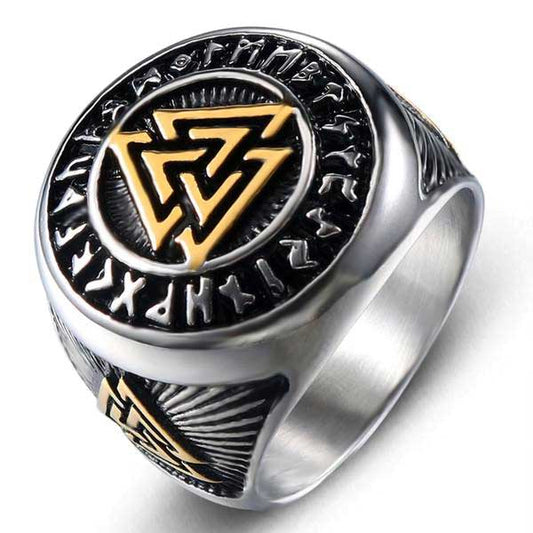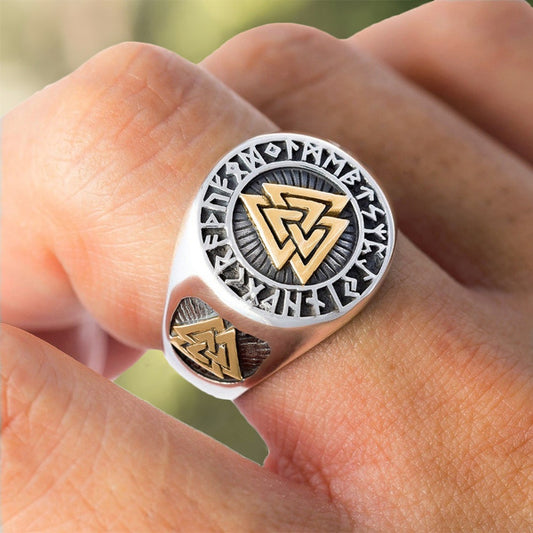Goddess of Norse mythology , Frigg is the wife of the god Odin. By extension, she is therefore also the queen of the Aesir . She who shares her life with the king of the gods is simultaneously the goddess of love, marriage and motherhood. In short, the protector of women .
Who is the goddess Frigg?
Frigg, which means "beloved", is also known as Frigga , Frija or Frea . In Old Norse, Friday bears his name… just like in German or English today. Friday is then considered the best day to get married! Check out the Viking Calendar here.
The one who belongs to the world of Aesir is the goddess of love , marriage and motherhood . In addition to protecting women, Frigg consoles and helps them when a new baby is coming. Just as she advises them in marriage. The legend also says that the wife of Odin knew the destiny of all, but that she would never have revealed it.
In addition to being the goddess of women, Frigg is also that of farmers by being the goddess of fertility .
The goddess Frigg, wife of the god Odin

The goddess Frigg is the daughter of Fjordgynn . But what makes her so famous is her union with the god Odin . By becoming his wife , she then becomes the queen of Asgard, and the most important and appreciated goddess of the world of the gods. Together, Frigg and Odin have two children: Höd and Baldr . Two children pampered by their devoted mother.
If Odin has a sumptuous palace in Asgard, Frigg settles in his own home, Fensalir ("the palace of the sea"), alongside his twelve servants. The best known of them are Gna, Grefjon, Hein, Vra, Snotra, Sygna, Lofn and Fulla. Sometimes Frigg ascends the Hlidskjálf throne. She is also the only woman who can sit there. From the top of her seat, Frigg could see each of the nine worlds and report to her husband the possible activities of each. And when she is not on the sacred throne, Frigg spins the clouds with her twelve servants .
Frigg and her servants weaved the clouds and the threads of fate

In her palace, Frigg spends most of her time weaving the clouds with the help of her servants . These woven threads have the power to decide the future of the world and the destiny of men.
The Swedes have also named a constellation "Frigg's Spindle", after the spindle of the goddess. Just as the god Odin has three stars on his belt, representing the weaving wheel of his wife.
Attributes and symbols of the goddess Frigg

Frigg is depicted as a beautiful, majestic woman in long robes. On the illustrations dedicated to her, the goddess is tall and beautiful. Very often, his head is decorated with feathers , and keys are suspended from his golden belt.
But the goddess can also be represented in the form of a falcon , a crow or a hawk , since she happens to transform herself in this way to travel through the worlds.
It is associated with mistletoe and yellow bedstraw . Indeed, this last plant was commonly used at the time as a sedative during childbirth. Today, some peoples still call it "Frigg grass", in homage to the goddess who was invoked to help women in labor. But Frigg is also associated with the sky, as well as the spinning wheel and the spindle.
The goddess Frigg is also accompanied by her twelve servants to help with love, marriage and fertility. Each of them has a specific role . One has the gift of clairvoyance, the other warns of danger. And the others still transmit orders, do justice, punish perjury, announce good weather and provoke love.
Are Frigg and Freyja the same person?
The goddess Frigg is sometimes associated with the goddess Freyja . The second is also very popular and appreciated in Scandinavian culture . For some, these two goddesses would in fact be one and the same person , then divided during history. And for good reason: their many points in common . Although the hypotheses on this subject are numerous, ordinary mortals continue to think that Frigg and Freyja are indeed two very distinct goddesses . The first belonging to the kingdom of Ases (Frigg) , and the second to the kingdom of Vanes (Freyja) .
The legends around the goddess Frigg

The legends and stories about the goddess Frigg told in the texts are numerous. And it is in Snorri's Edda that we find the most traces of it.
Frigg and his attraction to gold
The goddess Frigg has always had a strong attraction for gold . So much so that Odin's wife finds herself jealous of a statuette of her husband, entirely made of precious metal. One night, Frigg spends several hours alongside a servant, trying to convince her to destroy the statue to recover the gold, and thus make jewelry. In some texts, it is also written that the goddess prostitutes herself to him, in exchange for his help.
Frigg, unfaithful wife of the god Odin?
Frigg is the goddess of love and marriage…and yet. In the texts, the story tells that Odin went on a journey one day and stayed there longer than expected. The king of the gods had as usual asked his two brothers, Vili and Vé, to govern Asgard during his absence. But not seeing Odin return, the two brothers assumed that the god was dead. They then divided his inheritance , but also his wife whom they married. Odin ended up coming back anyway and, furious, he took back what belonged to him. Legend has it that he would have abandoned Frigg for many days when he learned of his infidelity. But we like to believe that she remained his favorite woman all the same.
The death of Balder, son of Frigg and Odin

Magician and prophet, the goddess Frigg knows the future of all men . And if she never reveals to anyone the fate reserved for them, she does it all the same once. One and only time, with the aim of changing the course of history.
On several occasions, Frigg dreams of the death of his son Balder . Worried, she then hastens to speak to her husband, the god Odin . Then hurries to ask all the elements - animals, stones, diseases - not to do any harm to his son . What the elements promise him , of course. Happy and reassured in the face of this certain immunity towards Balder, the Aesir then organize a party. During this, everyone has fun throwing at the son of Frigg and Odin what they have at hand. Obviously, Balder remains unscathed, without injury or pain. But that's not counting the deceitful god Loki . Transformed into a woman, he goes to see Frigg, who confides his secret to him, adding that he did not ask the harmless mistletoe to swear an oath to him. Loki therefore goes in search of the mistletoe in secret and entrusts the dart he had made of it to Balder's blind brother, Höd. He helped him throw it at the immune god, and the dart, which pierced his eye, killed him.
Despite Frigg's best efforts with the Norse gods and the guardian of the dead, Hel, Balder does not return to the world of the living .
More than anything else, Frigg is a wife and a mother. An intelligent woman, beautiful and loved by all. Even today, Frigg is one of the most popular goddesses with lovers of the Scandinavian world and Norse mythology.
